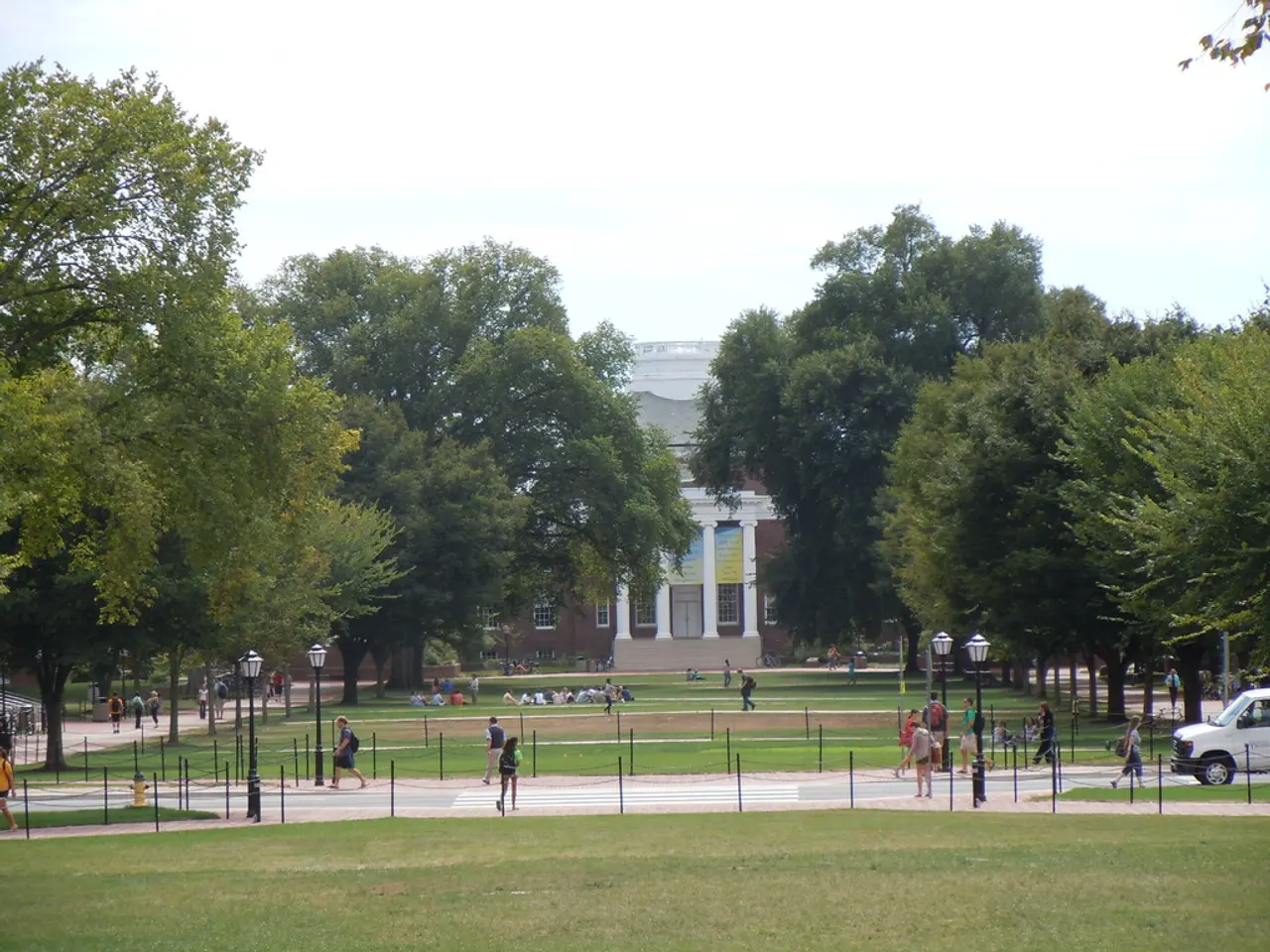Questions to Consider Before Enrolling in Advanced Placement Classes
Preparing for Advanced Placement (AP) exams can be an exciting yet challenging journey for high school students. Here's a guide to help you navigate the process.
Firstly, registration for AP exams can be done through the College Board's My AP portal. To enroll in AP classes, it's advisable to discuss your plans with your school counselor and follow the enrollment procedures at your school.
The cost of an AP exam in the U.S. is $96, except for AP seminar and AP research exams, which cost $144 each. However, for students with eligible financial need, the College Board offers a $34 fee reduction for each exam. Some schools and districts may also provide financial assistance for AP exam costs.
If you fail an AP class, the grade will appear on your transcript, but you have the opportunity to retake the class the following year to improve your grade and increase your GPA. To prepare for a retake, you can re-enroll in the class, study on your own, or hire a tutor to help with challenging subjects on the test.
A high score on AP exams can enhance college applications and potentially earn college credit. However, each college sets a different policy for awarding credit for AP classes, so it's essential to check the AP credit policies at prospective colleges. Some colleges award credit for scores of 3 or higher, while others might require a 4 or even a 5.
Dual-enrollment programs are another option for high school students, allowing them to take college classes through local higher education institutions. These programs can offer a wider array of options than AP classes, and the credits earned can be transferred to college after graduating from high school.
It's important to note that AP classes come with a greater workload than average high school classes, including more reading, homework, and projects. Some AP classes are easier, while others are more demanding, so it's crucial to check the course curriculum before enrolling.
In 2020, 1.21 million graduating high school seniors took 4.1 million AP exams over their high school years. The number of students taking AP tests increased by 43% between 2010 and 2020.
The College Board charges a $40 fee for late orders and unused or canceled exams. Schools' administrative offices have score reports for AP courses that can be accessed. However, there is no publicly available information specifying which teacher taught the highest number of AP exams successfully in 2020.
High schools often partner with local colleges or universities to make dual-enrollment a seamless process. It's important to know teachers' average scoring results for their AP class exams to increase chances of getting a high score.
Lastly, consider the cost of the AP exam before enrolling in an AP class. Some colleges do not award any credit for AP exams, so it's essential to check the AP credit policies at prospective colleges to ensure the investment is worthwhile.
In conclusion, with careful planning and preparation, AP exams can be a valuable part of a student's high school journey, potentially opening doors to college and saving on tuition fees.




